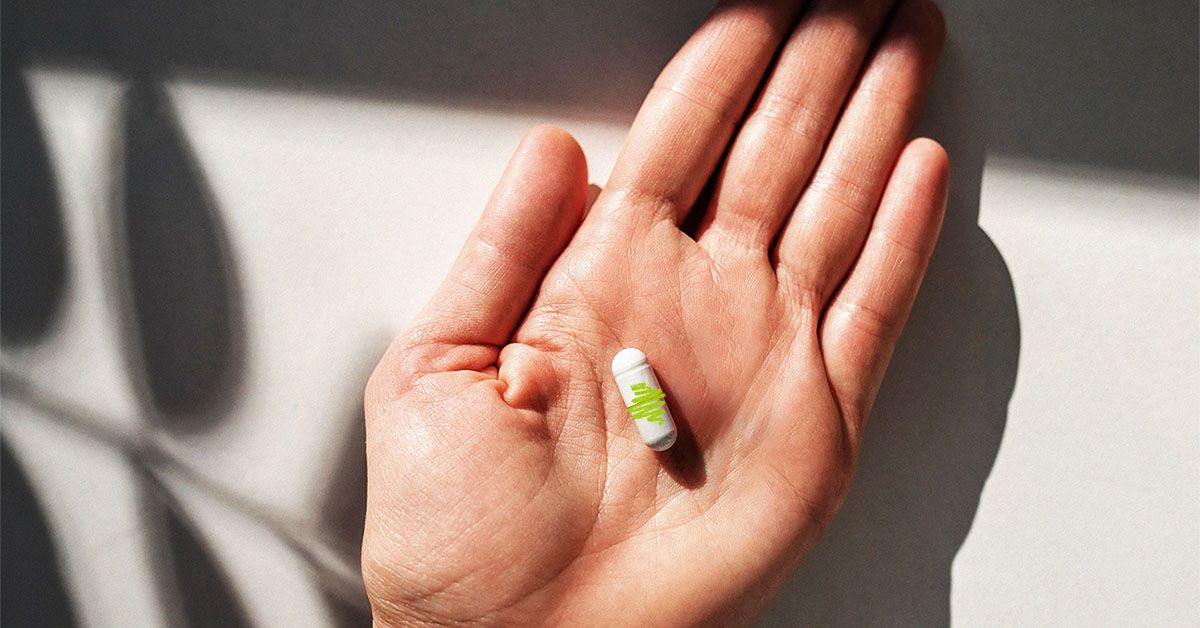A new study involving mice has shown that a natural flavonoid can help slow down the degradation of vitamin B6 in the brain. Vitamin B6 deficiency has been linked to cognitive impairment, but supplementation with B6 alone hasn’t consistently improved cognitive function. However, researchers believe that combining the flavonoid with B6 supplementation could offer greater cognitive benefits. The flavonoid, 7,8-dihydroxyflavone, can bind to and inhibit a B6-degrading enzyme called PDXP, helping to maintain B6 levels in the brain. The study, led by Antje Gohla, PhD, at the University of Wurzburg in Germany, builds on previous research that showed improved memory and learning in mice when the PDXP enzyme was deactivated.
Jacqueline Becker, a neuropsychologist from the Icahn School of Medicine at Mount Sinai, noted that maintaining adequate B6 levels is crucial for neurotransmitter synthesis and cognitive function. B6 deficiency is associated with cognitive impairment, particularly in areas related to hippocampal functioning. The hippocampus plays a crucial role in memory and learning, and B6 aids in neurotransmitter synthesis and homocysteine metabolism in the brain. Cognitive dysfunction is a common symptom of depression, which is linked to B6 levels and cognitive health. While supplementation with B6 has shown mixed results in clinical trials, the new study suggests that combining B6 with PDXP inhibitors could be more effective in boosting B6 levels in the brain.
The study found that PDXP levels increase with age in the hippocampus of mice, leading to B6 degradation. This age-related memory loss could impact the effectiveness of B6 supplementation alone, as the enzyme would quickly break down the supplemented B6. In contrast, combining B6 supplements with PDXP inhibitors could help increase cellular B6 levels in the brain. The researchers used a Barnes maze to assess the cognitive functioning of mice and found that mice with deactivated PDXP performed better in spatial memory tests compared to those with the enzyme intact. By directly affecting the action of PDXP, the flavonoid 7,8-dihydroxyflavone showed promise in preserving B6 levels in the brain.
While the study was conducted in mice, researchers believe that the findings could potentially translate to humans, as the mechanisms of B6 in cognition are thought to be similar across species. The researchers plan to further investigate how the combination of the flavonoid and B6 supplementation may impact cognition in future studies. However, more research is needed to understand the role of B6 supplementation in neurodegenerative diseases and determine the appropriate doses for maximum benefit. Becker suggests that individualized B6 management combined with a healthy diet and lifestyle optimized for brain health could offer the most significant cognitive benefits. Studies are ongoing to explore the potential therapeutic impact of B6 and other essential vitamins on cognitive function and mental health.











